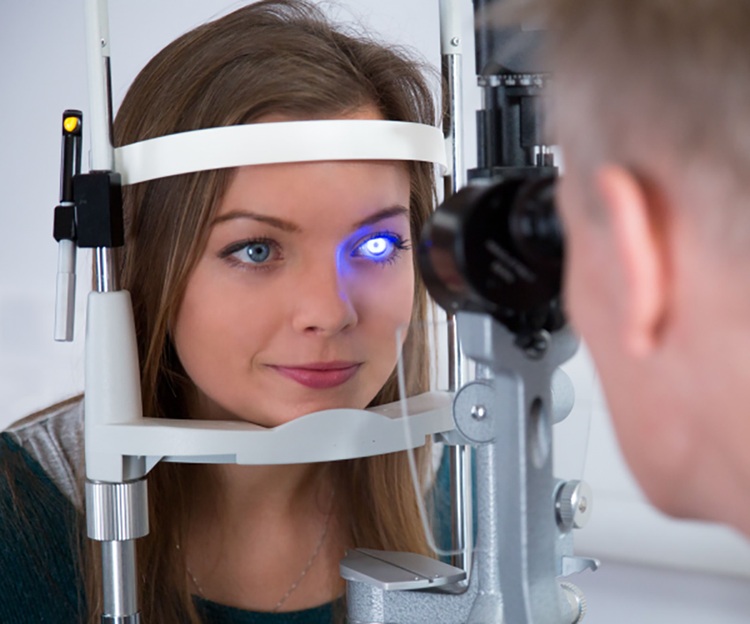Understanding Laser Eye Surgery: A Comprehensive Guide to LASIK
Laser eye surgery reshapes the cornea to improve vision and reduce dependence on glasses or contact lenses. Common procedures include LASIK and PRK. Suitability depends on eye health and prescription, with recovery times differing by method. Read to learn more about laser eye surgery.

What Is Laser Eye Surgery and How Does It Work?
Laser eye surgery uses precise laser technology to reshape the cornea, the clear front part of the eye. During LASIK, a surgeon creates a thin flap in the cornea’s surface, then uses an excimer laser to remove microscopic amounts of tissue, correcting refractive errors such as nearsightedness, farsightedness, and astigmatism. The flap is then replaced, acting as a natural bandage while healing occurs.
Available Laser Eye Surgery Options
Several variations of laser eye surgery exist to accommodate different vision needs:
-
Traditional LASIK: Uses a mechanical microkeratome or laser to create the corneal flap
-
Wavefront-guided LASIK: Creates a detailed 3D map of your eye for more precise treatment
-
PRK (Photorefractive Keratectomy): Alternative procedure without creating a corneal flap
-
SMILE (Small Incision Lenticule Extraction): Newer technique using a smaller incision
Understanding the Laser Eye Surgery Process
The laser eye surgery process typically involves:
-
Initial consultation and comprehensive eye examination
-
Pre-operative preparations and instructions
-
The surgical procedure (typically 15-30 minutes for both eyes)
-
Recovery period (24-48 hours for initial healing)
-
Follow-up appointments to monitor progress
What to Expect: Recovery and Results
Most patients experience improved vision within 24 hours after surgery. Complete stabilization may take several weeks. Common temporary side effects include:
-
Mild discomfort or irritation
-
Light sensitivity
-
Dry eyes
-
Slight vision fluctuations
Determining Candidacy and Potential Risks
Ideal candidates for laser eye surgery typically:
-
Are 18 years or older
-
Have stable vision for at least one year
-
Have adequate corneal thickness
-
Have no significant eye health issues
Potential risks include:
-
Dry eye syndrome
-
Under or over-correction
-
Visual aberrations
-
Rare complications requiring additional treatment
Laser Eye Surgery Costs and Providers
| Provider Type | Typical Cost Range | What’s Included |
|---|---|---|
| Private Clinics | £1,500 - £2,500 per eye | Initial consultation, procedure, follow-up care |
| Hospital-Based | £2,000 - £3,000 per eye | Enhanced medical support, extended aftercare |
| Specialty Centers | £2,500 - £3,500 per eye | Advanced technology, comprehensive package |
Prices, rates, or cost estimates mentioned in this article are based on the latest available information but may change over time. Independent research is advised before making financial decisions.
Regular post-operative care and follow-up appointments are essential for optimal results. While laser eye surgery represents a significant investment, many providers offer financing options to help manage costs.
This article is for informational purposes only and should not be considered medical advice. Please consult a qualified healthcare professional for personalized guidance and treatment.




